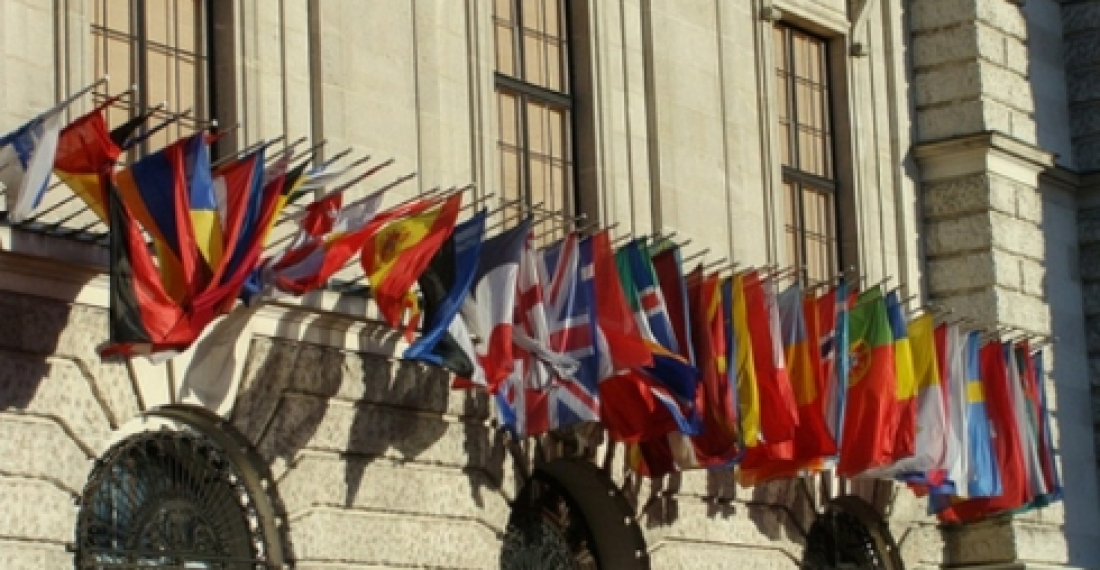In a terse statement issued during the weekend the leadership of the Organisation for Security and co-Operation in Europe (OSCE) and the Minsk Group co-Chair said that the current military situation constituted a threat to regional stability.
The OSCE Chairperson-in-Office, Serbia's Foreign Minister Ivica Dacic met the Co-Chairs of the OSCE Minsk Group (Ambassadors Igor Popov of the Russian Federation, James Warlick of the United States of America, and Pierre Andrieu of France) on Saturday (7 February) to discuss developments in the Nagorno-Karabakh peace process. The OSCE Secretary General Lamberto Zannier and the Personal Representative of the CiO Ambassador Andrzej Kasprzyk also joined the meeting.
In a statement issued by the OSCE they stated:
"We all agree that the military situation along the Line of Contact and Armenia-Azerbaijan border is deteriorating, posing a threat to regional stability and endangering the lives of civilians. The 12 casualties and 18 wounded cited by Ambassador Kasprzyk's monitoring reports in January represent the highest confirmed number of victims in the first month of a year since the 1994 ceasefire agreement. After 2014, in which approximately 60 people lost their lives, we are alarmed that this disturbing violent trend has continued.
There is no military solution to the conflict, and the sides must cease using force. We call on the sides to end incursions, cease targeting villages and civilians, stop the threat of reprisals and the use of asymmetric force, and take additional steps to reduce tensions and strengthen the ceasefire. We find it unacceptable that the security guarantees are not fully observed during OSCE monitoring exercises.
Additionally, we reaffirm the December 4, 2014 joint statement of the Heads of Delegation of the Co-Chair countries at the Basel Ministerial Council, calling on the sides to settle humanitarian issues, including the return of bodies and prisoners, in the spirit of the Astrakhan statement of October 2010.
The Minsk Group Co-Chairs, with the full support of the Chairperson-in-Office, are prepared to host an intensified negotiation process that can bring to a peaceful end a conflict that has scarred the region for too long. We strongly urge the sides to find the political will to begin this process immediately without excuses."
Over the last days the Minsk Group co-chair met seperately with the Foreign Ministers of Azerbaijan and Armenia. Statements issued after the two meetings indicate the co-Chair are taking a more robust approach to the sides and are concerned that the current situation on the front line may spiral out of control.
source: commonspace.eu with OSCE.org







